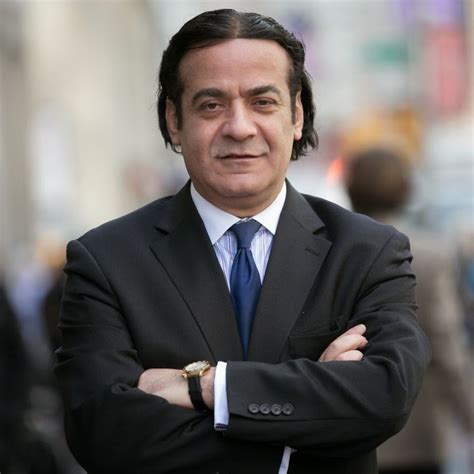A Quote by Toyah Willcox
The world doesn't reward talent, it mostly rewards those who are connected.
Related Quotes
God rewards those who seek Him. Not those who seek doctrine of religion or systems or creeds. Many settle for these lesser passions, but the reward goes to those who settle for nothing less than Jesus himself. And what is the reward? What awaits those who seek Jesus? Nothing short of the heart of Jesus.
And what does reward virtue? You think the communist commissar rewards virtue? You think a Hitler rewards virtue? You think, excuse me, if you'll pardon me, American presidents reward virtue? Do they choose their appointees on the basis of the virtue of the people appointed or on the basis of their political clout?
Economists and workplace consultants regard it as almost unquestioned dogma that people are motivated by rewards, so they don't feel the need to test this. It has the status more of religious truth than scientific hypothesis. The facts are absolutely clear. There is no question that in virtually all circumstances in which people are doing things in order to get rewards, extrinsic tangible rewards undermine intrinsic motivation.The bonus myth: How paying for results can backfire The world is a dangerous place, not because of those who do evil, but because of those who look on and do nothing.
The honey doesn't taste so good once it is being eaten; the goal doesn't mean so much once it is reached; the reward is no so rewarding once it has been given. If we add up all the rewards in our lives, we won't have very much. But if we add up the spaces *between* the rewards, we'll come up with quite a bit. And if we add up the rewards *and* the spaces, then we'll have everything - every minute of the time that we spent.



































